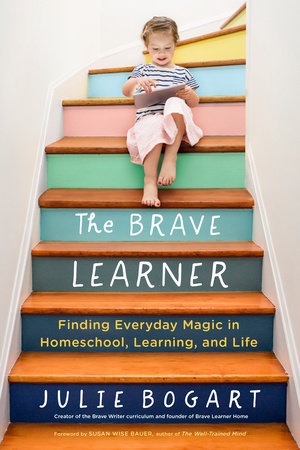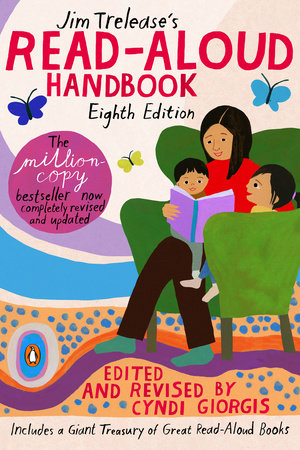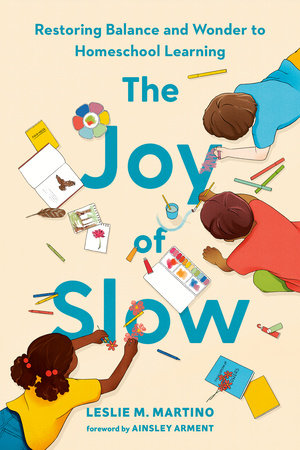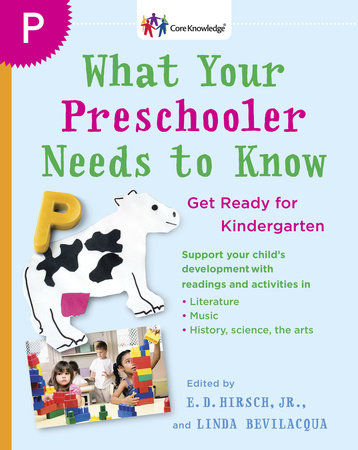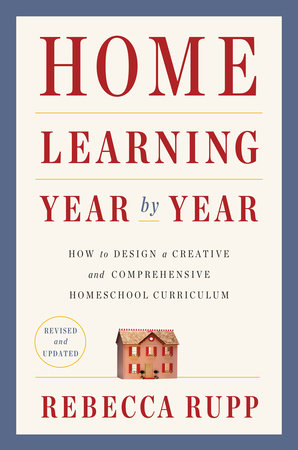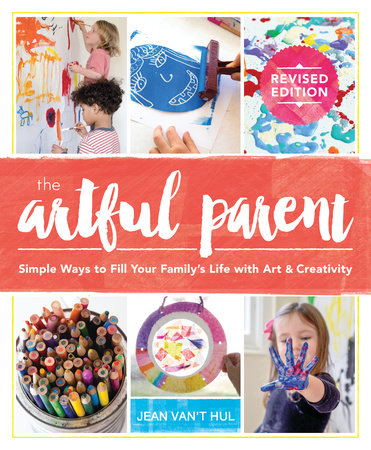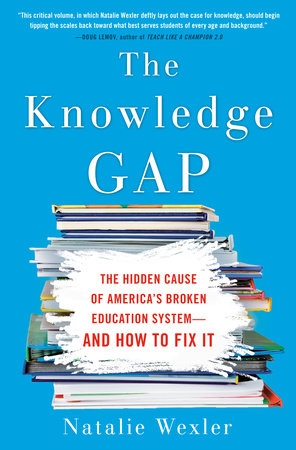Books To Influence Your Homeschooling Experience and Philosophy
by Melissa Taylor
As you gear up for your next homeschooling year, month, or week, stock up on the best homeschool books to support you as you create a rich learning environment filled with curiosity, thinking, and creativity. These books will meet you where you are and inspire you in your homeschool endeavors!
-
The Brave Learner: Finding Everyday Magic in Homeschool, Learning, and Life
Buy from:Find support, inspiration, and stories in this resource book with lessons and ideas from the author’s experiences homeschooling her five children. Bogart uses an enchanted education metaphor to create sparks of magic that ignite a passion for learning. Most of the book is about twelve Superpowers or principles for education that include surprise, mystery, curiosity, and collaboration. She suggests parents study and apply the superpowers at their own pace or once per week. For each superpower, she elaborates on what it is, gives background and examples, and shares tools and ways to try the Superpower. For “Adventure,” she suggests enlisting the help of an expert, watching performances, and traveling, then shares a wealth of ideas such as ushering at a theater, joining a robotics team, or attending a camp.
Buy from: -
Jim Trelease’s Read-Aloud Handbook
Buy from:Who doesn’t love this book? If you don’t know it, it’s the quintessential handbook guiding adults in their efforts to grow readers through reading aloud. As Chapter One says, reading aloud is “the least expensive thing we can give a child outside of a hug,” which turns out to be the most valuable. This all-encompassing book covers the strategies of reading aloud, the literacy climate in a home, the read-aloud experience, and the dos and don'ts of reading aloud. The book concludes with recommended books to get you started.
Buy from: -
The Joy of Slow: Restoring Balance and Wonder to Homeschool Learning
Buy from:Doesn’t the title immediately make you want to take a deep breath? This book shares advice on creating peaceful daily routines that leave room for exploration, self-directed learning, and connecting with nature. Instead of cramming in learning, The Joy of Slow encourages deep learning to mastery, supporting a student’s interests and learning at the “speed of love.” In this restful approach to homeschooling, you’ll find a doable framework for slow, joyful lives of learning.
Buy from: -
Core Knowledge Series
Buy from:This book series begins with What Your Preschooler Needs to Know and continues grade by grade to What Your Sixth Grader Needs to Know. In the Language and Literature section, your learners will read passages from poetry and stories like The Secret Garden for 5th grade or The Emperor’s New Clothes for 2nd grade and learn grammar lessons with examples and practice exercises. Each book also contains reading and exercises in history and geography, visual arts, music, mathematics, and science. Each section includes photographs and illustrations based on the Core Knowledge Sequence from the Core Knowledge Foundation, which was developed by an advisory board to represent a canon of the most “valuable, empowering knowledge across subject areas.”
Buy from: -
Home Learning Year by Year, Revised and Updated
Buy from:Very popular with homeschoolers, this resource book shares a comprehensive list of topics and skills children should learn in preschool to grade twelve with recommendations in language arts, mathematics, history and geography, science, foreign language, the arts, life skills, health and physical education, and computer and technology skills. For each topic, the author shares what kids should know and lists helpful resources, including recommended books and activity kits. That being said, Rupp writes that she didn’t know how her kids learned to read and doesn’t think anyone else actually knows, which likely means you’ll need a different book to support your reading instruction efforts.
Buy from: -
The Ultimate Book of Homeschooling Ideas: 500+ Fun and Creative Learning Activities for Kids Ages 3-12
Buy from:How can you keep learning fun? Parents share their (and their children’s) best ideas in this book. Organized by subjects like art, history, geography, science, math, and communication, each activity is short and enriching. For example, a writing buffet — a spot dedicated to various writing instruments and paper — can encourage your child to enjoy writing. In physics, you’ll read about Janice VanCleave’s simple machines book and how to build a fulcrum. Dobson begins the book with a chapter about helping children love learning. She encourages parents to create educational reform in their homes using the most recent research on how children learn best. It’s a dense book that will be invaluable in any homeschool classroom.
Buy from: -
The Artful Parent: Simple Ways to Fill Your Family’s Life with Art and Creativity
Buy from:When my children were younger, we loved this book written by former art teacher and content creator Jean Van’t Hul. It includes exciting, doable, and engaging art activities to develop my children’s creativity, understanding of art materials, and fine motor skills. These updated activities are written in easy-to-follow directions with gorgeous photographs. Van’t Hul shares tips for creating an artful home environment with supplies and parenting tips. I also love that the author emphasizes the process of making art over the product, although the resulting products are genuinely impressive. This is a must-own resource for exploring art in your homeschool days.
Buy from: -
The Knowledge Gap
Buy from:If you need a book to encourage you to stay the course with homeschooling or even start homeschooling, this book will convince you. Education journalist Natalie Wexler begins her treatise with the distressing state of education and the majority of students below grade levels in all areas. Wexler argues that the flaws in instructional approaches, especially in reading, are vast but generally related to skill-based curriculums instead of knowledge-based curriculums. She elaborates on problematic curriculums, disparages in socio-economics, innovative educators making changes, and her specific recommendation of the Core Knowledge curriculum.
Buy from:

